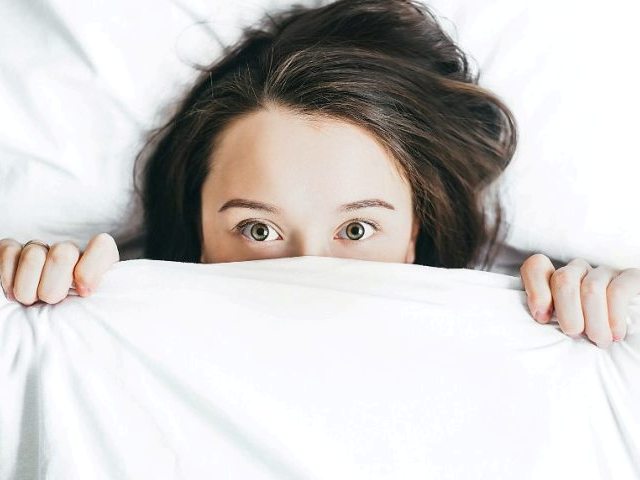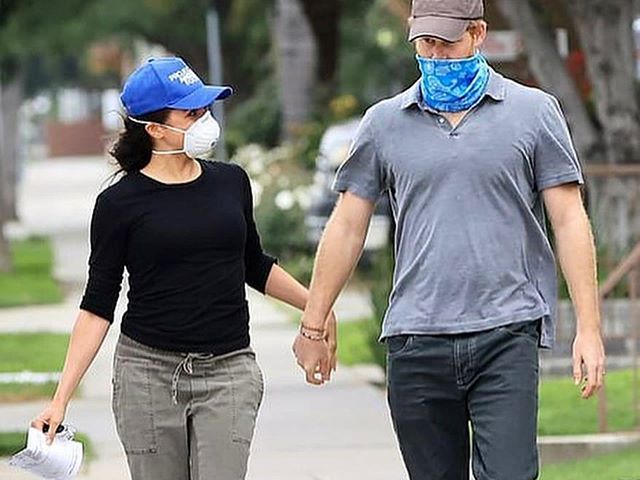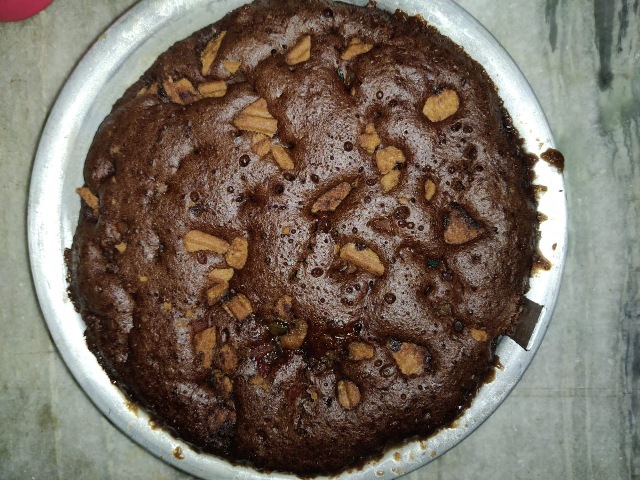Eczema Treatments
Eczema, which is also referred to as atopic dermatitis, is a skin disease that causes your skin to become inflamed and irritated. The disease is chronic and would probably appear alongside fever or asthma. Eczema can occur on any region of your skin, but the most common areas where it appears are behind the knees. The exact cause is not known, but it is probably a characteristic of the genes or poor functioning of the immune system.
There are many treatments that can be given for eczema such as soaps, ointments and light therapy. Eczema is a disease that can be related to allergies, but simply eliminating the allergens in not a cure for the disease. Instead, the treatments are aimed at relieving you of itching and subsidizing the inflammation. If your symptoms are in the initial diseases, you can control your condition by simple anti-itch creams and other measures. During treatment, you should also avoid items that can contain dust such as mattresses, carpeting, drapes and feather pillows, all of which can worsen your condition and render the treatment useless.
Ointments
Depending on your condition, your doctor can advise you ointments and corticosteroid creams that can reduce your itching. You can even get some of these without a prescription, but before using any of these, you should consult your doctor. Though these ointments can reduce eczema, they lead to other side effects if used for prolonged periods such as skin thinning, skin discoloration and stretch marks.
Antibiotics
If you are suffering from a bacterial infection, antibiotics can treat the infections. The same are prescribed if there is an open fissure or sore that is prone to infection. The duration for antibiotic treatments varies with each person depending on the severity of the infection.
Oral Antihistamines
Oral antihistamines are prescribed only when itching is very severe. Medications such as diphenhydramine, also referred to as benadryl, can cause you to become drowsy. Taking these at bedtime can be helpful and you would be able to sleep better. While using oral antihistamines, your doctor may also prescribe you mild astringent dressings if there is a risk of infection.
Injected Or Oral Corticosteroids
Injected or oral corticosteroids are also used when eczema is severe. Examples of these include prednisone or an intramuscular injection, which can make your symptoms disappear and reduce your inflammation. Injected or oral corticosteroid is a very effective treatment option, but there are serious side effects as well in increased or prolonged usages. This includes osteoporosis, cataracts, muscular weakness, lowered resistance to infection, increased blood pressure and skin thinning.
Immunomodulators
Immunomodulators have an effect on your immune system and can help you in maintaining normal skin. The possibility of flare-ups is reduced, but this is the sort of treatment recommend only when all other options have failed.
Light Therapy
Light therapy of phototherapy uses artificial or natural light to treat eczema. The simplest technique of light therapy is to expose your skin to limited amounts of sunlight. In other cases, sunlight can be replaced with artificial light such as ultraviolet A, ultraviolet B or the narrow-band ultraviolet. Along with these, you may also be prescribed medications or ointments.
Light therapy is effective but the positional risks associated with it cannot be ignored. The side effects can be as serious as premature skin aging and skin cancer. If you are interested in this treatment plan, be sure to discuss your condition with your doctor and act according to his advice only. Make sure you are well aware of all the risks that can arise in your condition.
Treating Eczema In Babies And Children
Treating eczema in children is different from the programs that are recommended to adults. Generally, skin irritations are first identified and then suitable measures are recommended to avoid and reduce them. Children must not be exposed to high temperatures, and you must lubricate their skin regularly with lotions, bath oils and creams as prescribed by your doctor.
If the rashes do not improve or if there is a risk of infection, your baby may be suggested medication. This would reduce the irritation, making your child feel sleepy, which would lessen the discomfort.
Kevin Kerfoot writes about health, nutrition, oral hygiene and skin care for Trusted Health Products’ natural health blog and newsletter.









